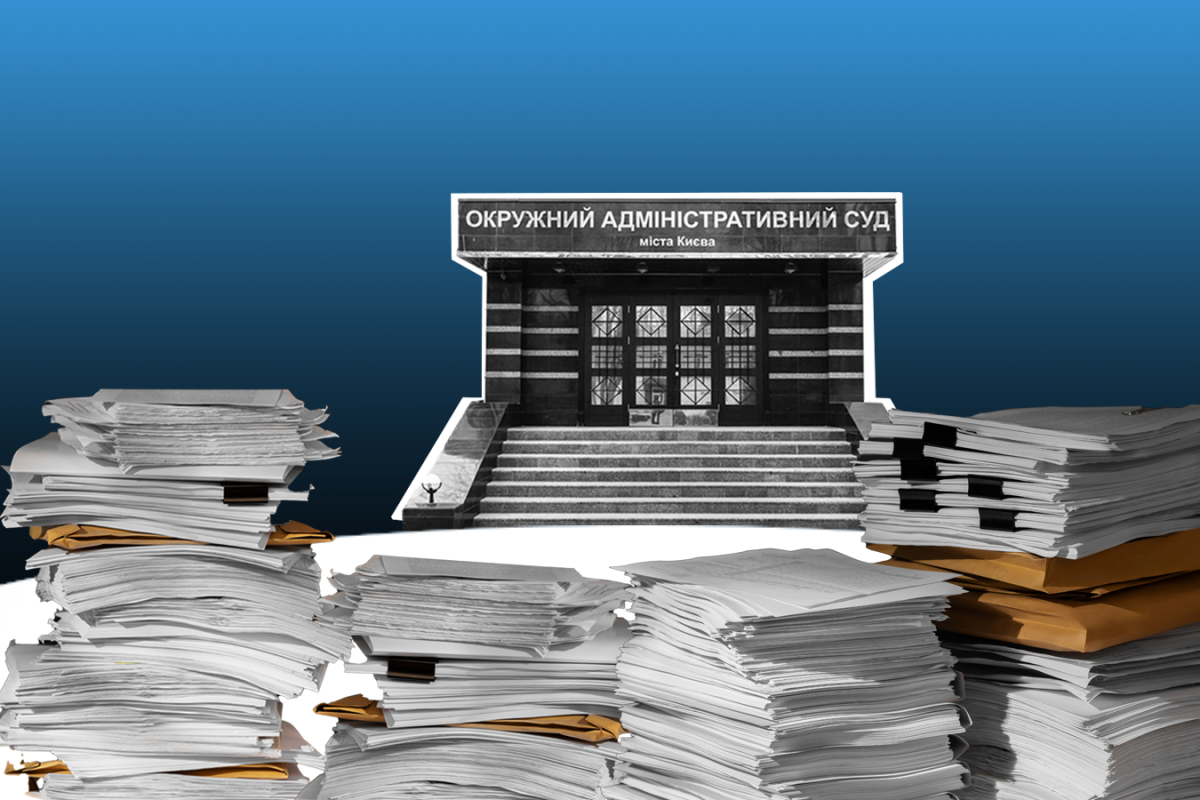

In July 2025, the HACC Appeals Chamber overturned a ruling of the HACC that had partially closed criminal proceedings against defendants in the “DACK tapes” case. The matter concerned one of the crimes under Article 255 of the Criminal Code of Ukraine. This development went almost unnoticed — but it should not have.
The point is, this was already the second review at the appellate level. The first time, the ruling of the first instance was not overturned, but the defendants appealed to the Supreme Court. The Supreme Court judges returned the case for a new review in the HACC Appeals Chamber.
During this repeated appeal review, however, two out of three judges on the panel issued conclusions that could negatively affect the timely consideration of the “DACK tapes” case. One of the judges — Mykola Hlotov — issued a dissenting opinion, disagreeing with his colleagues’ decision. He argued that the Appeals Chamber should have dismissed the appeals. In his view, the Appeals Chamber had no authority to assess the legality of the first instance court’s composition, but only to review the ruling on partial refusal to close the criminal proceedings. The judge also stressed that the motions of the two defendants to close the case applied only to them and did not affect the interests of other defendants. Therefore, the absence of other participants at certain hearings did not prevent the first instance court from considering those motions.
This matters because, even without such obstacles, the “DACK tapes” case has already been plagued by delays and procedural hurdles. It was referred to the HACC in June 2022, but the preparatory proceedings concluded only in April 2024. By November of that year, however, the trial had to restart due to a change in one of the judges on the panel. As a result, the case reached the stage of examining evidence only in March 2025.
Why did the defendants appeal the partial closure of the proceedings against them? What decision did the HACC Appeals Chamber issue the first time, and what violations prompted the Supreme Court to order a new review? Why did the judges’ opinions diverge during the repeated appellate review, and what should we expect next in the case? All the details are covered in our piece on the HACC Decided platform.
HACC Appeals Chamber recently overturned a ruling to partially close proceedings against two defendants in the “OASK tapes” case due to the decriminalization of one of the alleged crimes. This may seem like a minor detail. However, two of the three judges of the High Anti-Corruption Court made conclusions that could negatively affect the reasonable time frame for considering this case, even though the proceedings are already not going smoothly.






